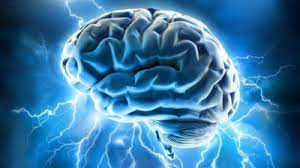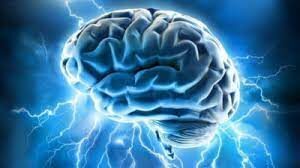
More and more mediators are taking brain science into account when mediating cases. Why is this important? Many people believe they make decisions rationally but think again. Neuroscience has shown that humans actually instinctively make the majority of their decisions emotionally. This occurs even in a professional setting. Attorneys and their clients are no exception to this rule. However, court procedures, processes, and outcomes generally do not leave room for this reality.
Emotions move people to do things that are completely illogical. Haven’t we all done something out of character due to anger or love? In truth, emotions drive more than 80% of our decision-making, while logic makes up the rest. – Ted Sun
Why is this important to understand? Emotions are appraisals of situations that drive survival and well-being. If we do not feel something as humans, then we are unlikely to act, and without action there can be no change.
So at the point of decision, emotions are very important for choosing. In fact, even with what we believe are logical decisions, the very point of choice is arguably always based on emotion.
It is always best as an attorney or mediation party to show up to a mediation prepared with facts, evidence, data, statistics and information supporting your side of the situation. However, mediators that only rely purely on the cases and evidence built by the parties are destined to fail. Why? Because they do not understand the real factors that are driving the other party to come to a decision. Emotions.
A good Mediator understands that you can’t assume that the opposing party will see things as they are presented. A good mediator must create a vision for the other side to bring about discovery and decision on their own.
In the end, the mediation parties will make the decision because they want to. Getting them to want to is the job of the mediator – not trying to convince them with reason.
A good mediator doesn’t tell a party what to think; a good mediator helps a party discover for themselves what feels right and best and what is most advantageous to them.
If the mediator can get the other party to reveal their problems, pain, and unmet objectives, then you can build a vision for them of their problem, with you and your proposal as the solution. They won’t make their decision because it is logical. They’ll make their decision because you have helped them feel that it’s to their advantage to do so.
